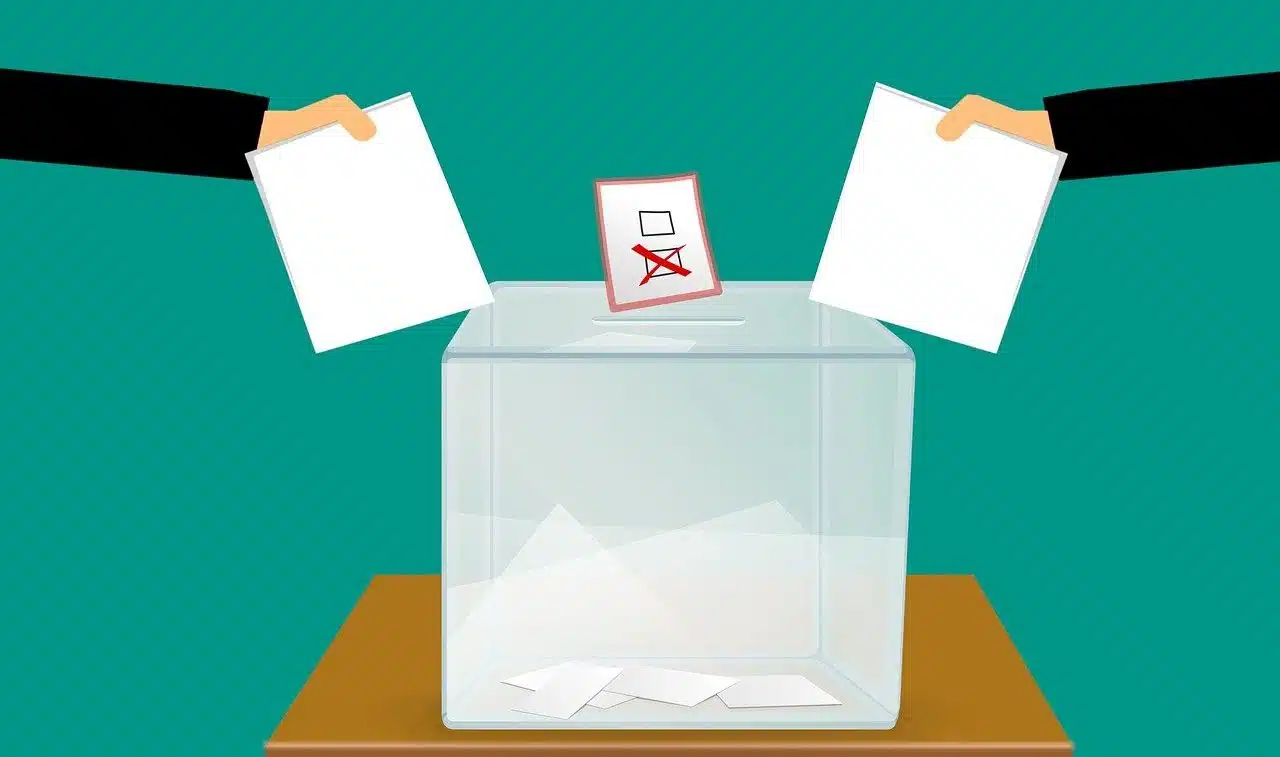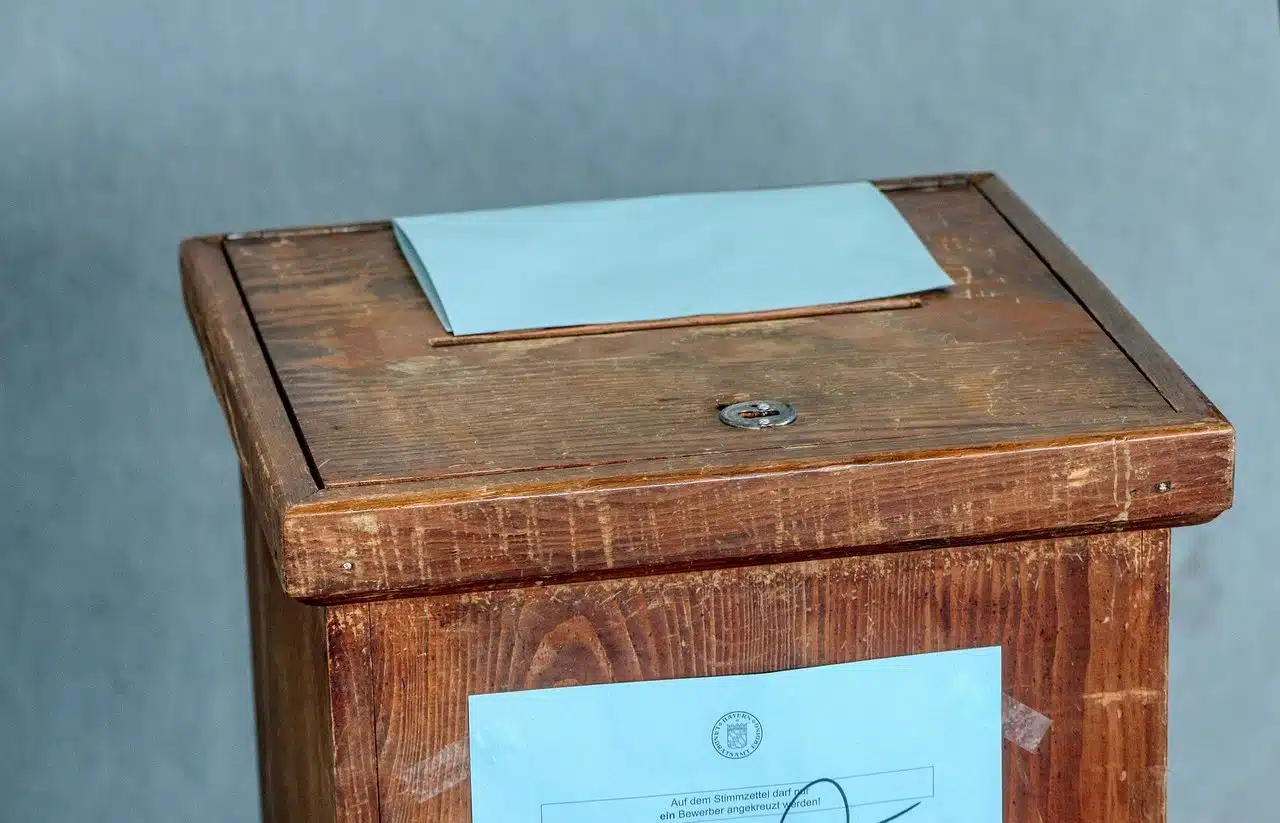
Electoral power refers to the ability of the population to change reality through elections.
Electoral power is the ability of the population (or part of it) to modify reality through elections . Before moving forward, it is necessary to know the etymological origin of the two words that give shape to the concept:
- Power is a name that derives from the Vulgar Latin posere and this, in turn, from posse , which can be translated as “master” .
- Electoral , on the other hand, is also the result of a Latin derivation and means “relative to the one who has the right to choose.” Specifically, it is composed of several elements of said language: the prefix ex- ( "outwards" ), the adjective lectus ( "chosen" ), the indicative -tor ( "agent" ) and the suffix -al ( "relating to"). ).
Characteristics of electoral power
Starting from this meaning, it is clear that electoral power is an important right in the society of any country, since it depends on it whether there can be freedom and another important series of policies in favor of the general well-being.
For example: “If we want to prevent the president from continuing to impose these types of measures, we have to demonstrate our electoral power and show him that there are many of us who do not agree with his policies,” “The electoral power of this party is scarce, although Their media presence is intense” , “The socialists imposed their electoral power and won twelve of the seats that were renewed” .
The most frequent use of the concept, however, is associated with the institutions and organizations that are responsible for directing, coordinating and supervising the actions linked to the electoral process . In this case, initial capital letters ( Electoral Power ) are used to name this set of entities.

The Electoral Power controls how public officials who enter office thanks to the popular will are chosen.
Its operation
The configuration and operation of the Electoral Power depend on each country. Beyond the name and type of organization, in general all the components of this power have the purpose of controlling the way in which public officials who access a position by popular will are chosen.
In addition to everything stated above, it is necessary to establish another series of relevant aspects related to the aforementioned Electoral Power:
- Its functions and actions are based on the suffrage laws.
- It determines the times that are established for each government and is also responsible for recording the dates on which the new elections are held.
- It is a fundamental piece to determine the existence of democracy in a specific society.
Among the powers that the Electoral Power usually has, is the regulation of laws related to suffrage, the establishment of the dates on which elections are held and the regulation of advertising carried out by candidates. The Electoral Branch can even annul the result of the elections if it detects irregularities in the corresponding process.
In the case of Venezuela , for example, we have to say that the Electoral Power is carried out by the National Electoral Council, which controls the transparency of the different electoral processes.
